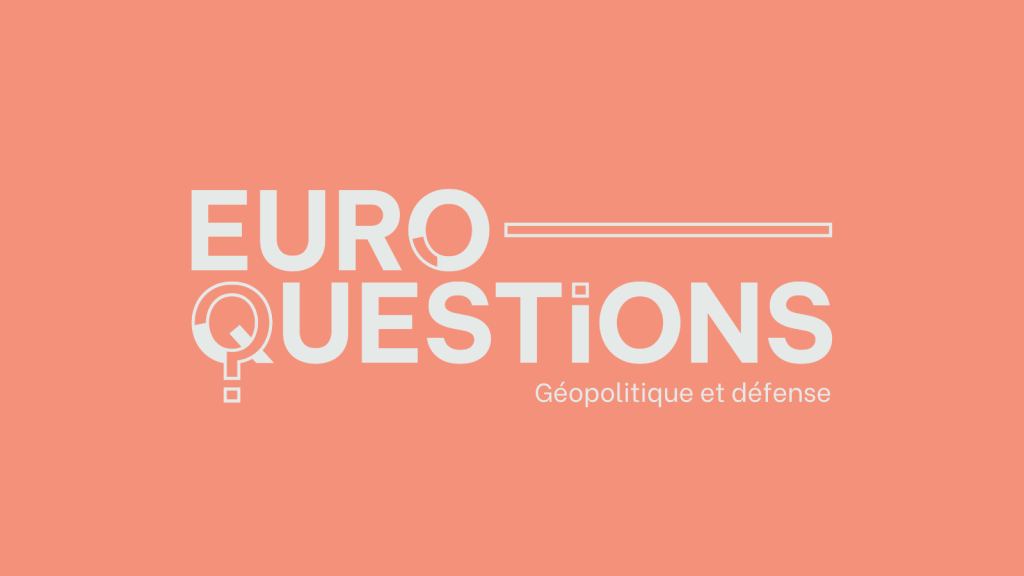Euroquestions #55 | La politique étrangère et de défense européenne à l’épreuve de la guerre en Ukraine

Un an après l’invasion de l’Ukraine par la Russie, l’Union européenne et ses pays membres voient leur système de défense et de politique étrangère bouleversé. Si le rôle de l’OTAN s’est réaffirmé en quelques jours, la politique de sécurité et de défense de l’UE reste floue. Faut-il enterrer la défense européenne alors que l’OTAN est plus que jamais plébiscitée ? Comment repenser une stratégie commune à 27 alors que la guerre se trouve à nos frontières ? Quid de la boussole stratégique à l’épreuve de la réalité ? Quand est-il des enjeux méditerranéens et du voisinage sud de l’Europe ? Une Europe géopolitique, prisée par von der Leyen au début de son mandat, est-elle en train de se consolider ?
Nous avons le plaisir d’accueillir Nicole Gnesotto, vice-présidente de l’Institut Jacques Delors et spécialiste des questions internationales.

